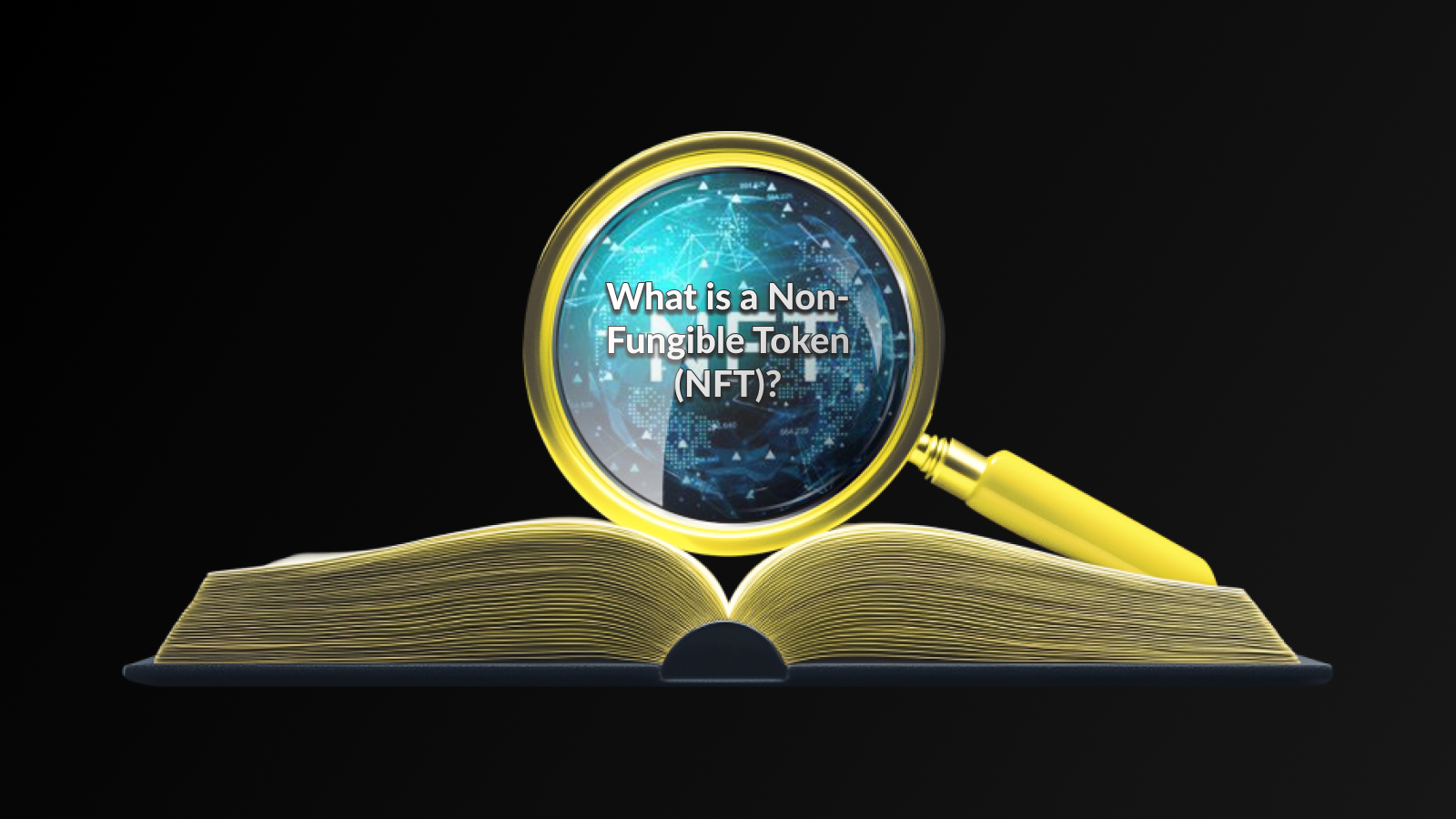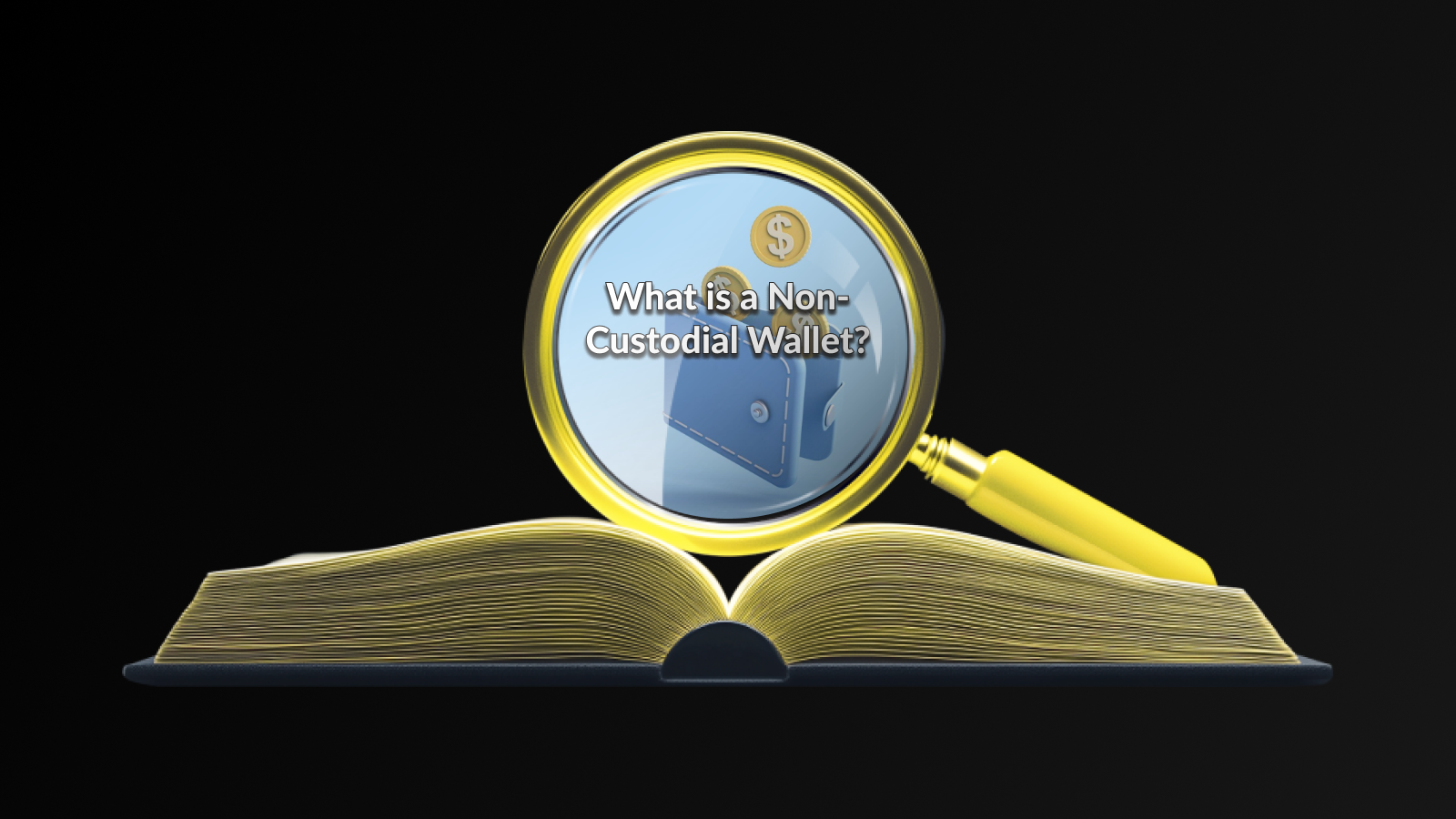Introduction
Explore the world of NFTs: how they work, their applications, advantages, and challenges in the digital landscape. Discover the future of ownership!
In the ever-evolving digital landscape, Non-Fungible Tokens (NFTs) have emerged as a groundbreaking innovation that revolutionizes Digital Asset Ownership. These unique digital assets, secured through blockchain technology, offer ownership verification and provenance that traditional collectibles cannot match.
Unlike cryptocurrencies such as Bitcoin, NFTs are not interchangeable, making each token distinct and valuable in its own right. This uniqueness opens up new possibilities for enthusiasts and creators alike, as it facilitates the ownership and exchange of Blockchain-Based Collectibles in a secure and transparent manner.
The rise of NFTs has given birth to a vibrant marketplace where people can buy, sell, and trade everything from digital art to virtual real estate. This dynamic ecosystem not only empowers artists and content creators by providing new revenue streams but also engages collectors in a realm that fuses art with technology.
As we delve deeper into the complexities and nuances of NFTs, it becomes clear that while there are numerous advantages, challenges still loom that need addressing for this digital phenomenon to flourish sustainably.
How Do NFTs Work?
At their core, Non-Fungible Tokens (NFTs) operate on blockchain technology, which ensures their uniqueness and provenance. Each NFT carries distinct information that distinguishes it from other tokens, making it a Blockchain-Based Collectible rather than an interchangeable currency like Bitcoin or Ethereum. This characteristic of non-fungibility is what gives NFTs their value and functionality in representing ownership of a digital asset.
When a digital asset is tokenized as an NFT, it is registered on a blockchain, typically Ethereum, but other platforms like Binance Smart Chain and Tezos are also gaining traction. The process involves creating a smart contract that contains the asset’s details, including ownership history, transfer details, and any royalties that may be due on future sales. This transparency fosters trust and security in the ownership of Digital Asset Ownership.
Owners can buy, sell, or trade NFTs on various marketplaces, and transactions are recorded on the blockchain, providing a verifiable history of ownership. This helps in reducing fraud and ensuring that original creators are compensated fairly, opening new avenues for artists and content creators. Furthermore, NFTs can represent not just art, but also music, video, virtual real estate, and gaming items, exemplifying a vast range of digital assets.
The intersection of blockchain technology and unique token identification is what empowers NFTs. This innovation not only revolutionizes how we perceive digital ownership but also creates opportunities for various industries to engage with collections in an interactive and profitable manner.
Applications of NFTs
Non-fungible tokens (NFTs) have revolutionized the way we perceive and interact with digital assets. One of the most significant applications of NFTs is in the realm of Blockchain-Based Collectibles, where art, music, and even virtual real estate can be represented uniquely on the blockchain. This allows creators to maintain complete ownership and control over their works while providing buyers with verified authenticity.
Another innovative application is in the gaming industry. NFTs enable players to own in-game assets such as skins, weapons, and characters, which can be traded or sold in secondary markets. This shift not only enhances player engagement but also introduces a new layer of Digital Asset Ownership that changes the way value is perceived in gaming environments.
Furthermore, NFTs have found utility in the world of ticketing by providing a secure method for event organizers to distribute tickets. This approach mitigates fraud while allowing users to resell their tickets in verified marketplaces, leveraging the same benefits of decentralization and security that NFTs provide.
Real estate is another sector where NFTs are making waves. By tokenizing properties, NFTs can streamline transactions and provide a transparent verification process. This could potentially lower barriers to ownership and create new opportunities for investment in real estate.
The applications of NFTs extend beyond mere collectibles. From enhancing Blockchain-Based Collectibles to revolutionizing digital ownership in gaming, ticketing, and real estate, the potential of NFTs continues to grow as they reshape various industries.
The rise of Non-Fungible Tokens (NFTs) presents both advantages and challenges that are crucial for potential owners and creators to understand. One of the significant advantages of NFTs is their ability to establish Digital Asset Ownership, which allows artists and creators to maintain control over their work in a way that was not possible before. Through blockchain technology, transactions are securely recorded, ensuring provenance and authenticity.
However, with these advantages, challenges also arise. The environmental impact of blockchain technology is increasingly under scrutiny, as the energy consumption associated with minting and trading NFTs can be substantial. Additionally, the volatility of the NFT market can pose risks for investors, with prices fluctuating dramatically based on trends and demand.
Another challenge lies in the potential for misuse or scams in the space. As the popularity of Blockchain-Based Collectibles grows, so does the necessity for safeguards against fraudulent activities. Buyers must conduct thorough research before investing in NFTs to avoid falling victim to scams or purchasing counterfeit assets.
While NFTs provide unprecedented opportunities for Digital Asset Ownership and creative expression, they also come with responsibilities and risks that need to be addressed. It is essential for stakeholders to navigate these complexities wisely to ensure the sustainability and integrity of the NFT ecosystem.
Disclaimer
This article is for informational purposes only and does not constitute financial or investment advice. The NFT market is rapidly evolving, and potential participants should conduct thorough research and consult with a qualified professional before engaging in any transactions involving NFTs.
Click for more education articles





